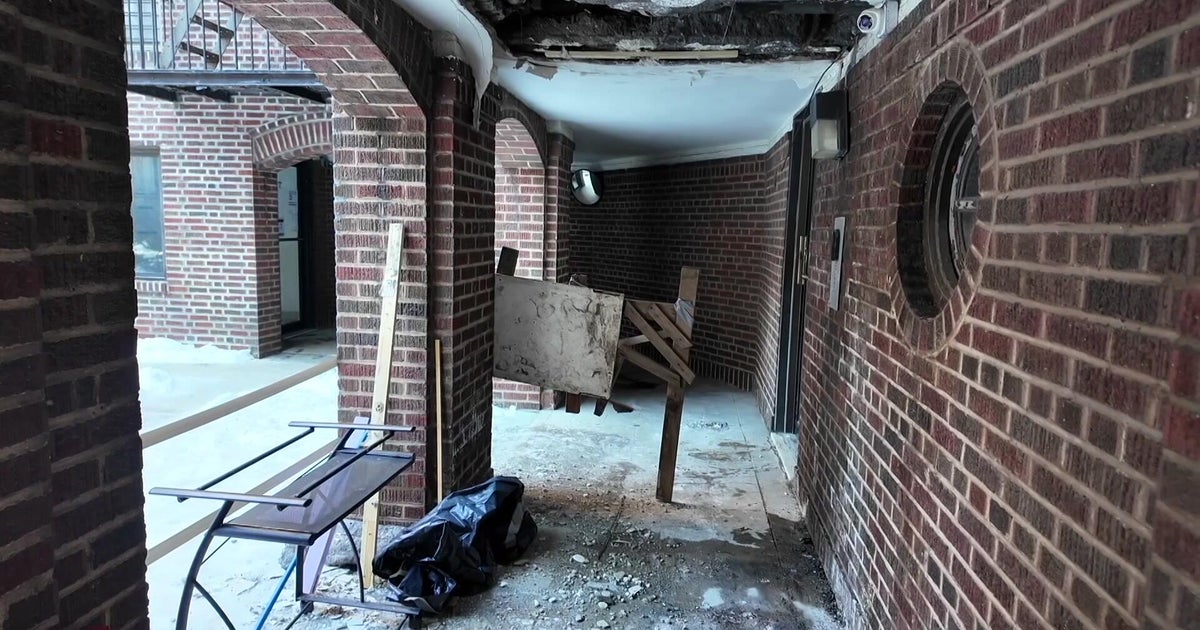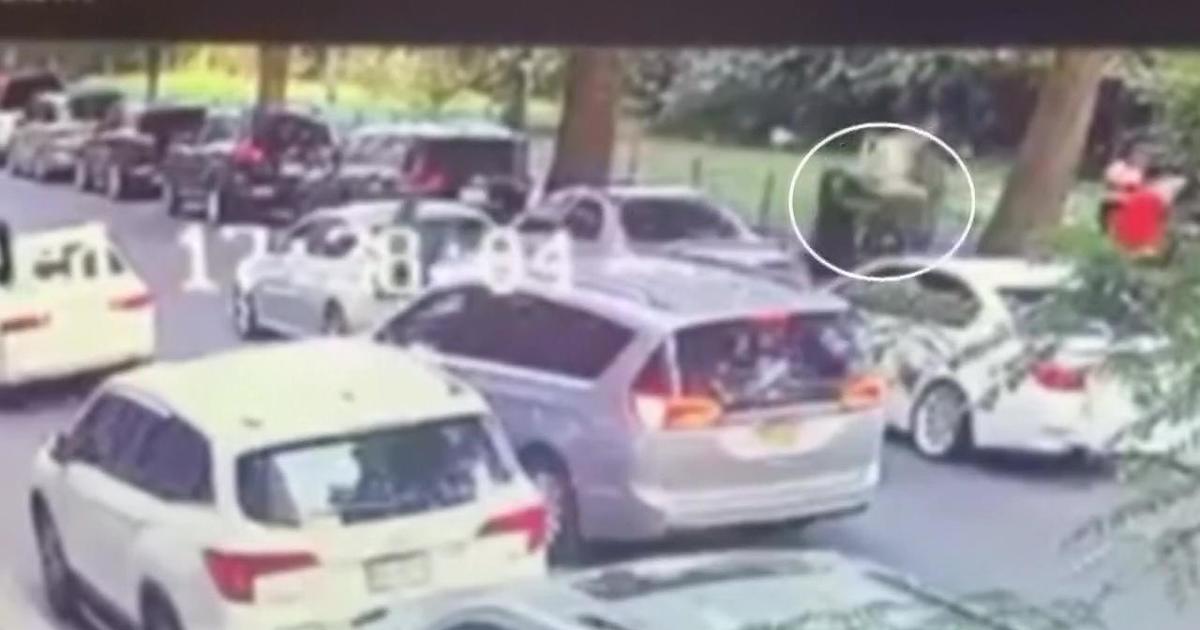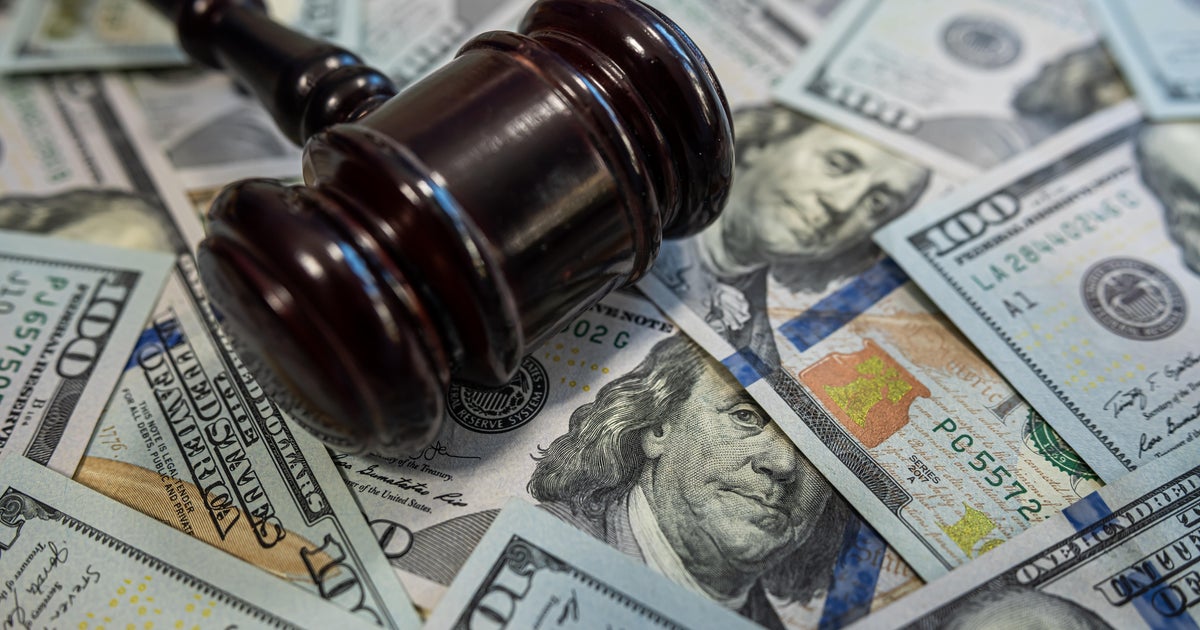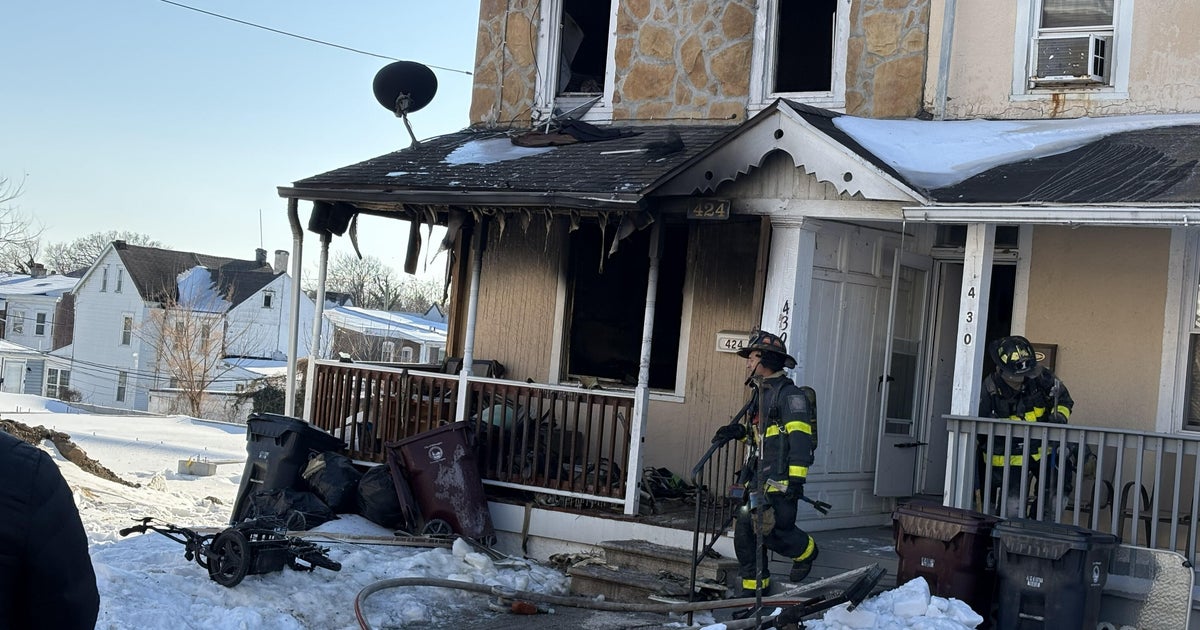11 People, 2 Companies Accused Of Tricking Homeowners Into Signing Over Deeds In Queens
NEW YORK (CBSNewYork) -- Eleven people and two corporations have been indicted by a grand jury in a fraud scheme that cost several homeowners their property deeds in Queens, prosecutors said Wednesday.
The defendants – nine of whom were in custody of as of Wednesday and two of whom were still being sought – were accused in a scheme where they fraudulently took the deeds away from homeowners, according to the Queens District Attorney's office.
Half of the victims were elderly, prosecutors said.
"Instead of tossing the victims a lifeline, half of whom were elderly individuals, the defendants are accused of creating a financial nightmare for the homeowners and placing them in worse financial situations than when first contacted by the defendants," Queens District Attorney Richard A. Brown said in a news release.
The investigation began in 2014, when several Queens homeowners told prosecutors they had received cold calls from people employed by the Kings Development Group in Queens. The callers allegedly said they would assist the homeowners with whatever financial problems they were having with their homes, prosecutors said.
It turned out that the company was not assisting the homeowners, but tricking them into signing over the deeds to their property, prosecutors said.
The deeds were transferred to a corporate entity, but the homeowners were still financially responsible for their mortgages, prosecutors said. Once the new deeds were recorded, the defendants allegedly advised the current tenants that they were the new owners and started collecting monthly rents, evicted the homeowners who were now their tenants, or told the New York City Housing Authority and the Department of Social Services that they were the new homeowners and started collecting subsidies, prosecutors said.
In some cases, the defendants placed new tenants into the victims' properties and started charging them each new tenant more than $1,000 a month for rent, prosecutors said.
The alleged scheme went on from August 2012 to January 2017, prosecutors said. While the defendants were allegedly collecting money from the city, the homeowners were being subjected to foreclosure and their credit was being ruined, prosecutors said.
In one instance alleged by prosecutors, a veteran who was hospitalized for more than a year and received an organ transplant was visited by Kings Development Group representatives at the Veterans Administration hospital in October 2013, prosecutors said. The veteran and his wife were advised to sign several document that the company said would help them with financial issues with their home during hospitalization, but the documents really authorized a deed transfer, prosecutor said.
In another alleged instance, a single mother with five children was in foreclosure and the Kings Development Group allegedly promised they could resolve her financial problems, restore her credit and help her buy a new house, prosecutors said. The woman was told she had to move out of her house and the company would provide her residency in a different one, but Kings Development Company did not really own the house where the family was placed and they had to be evicted by the real owner, prosecutors said.
Charged in the case were Netanel "Nathan" Barnes, 39, of Brooklyn; Domingo A. Fernandez, 63, of Manhattan; Michael Hershowitz, 37, of Brooklyn; Yariv Katz, 43, of New Rochelle; Nadia Khedu a.k.a. Nadia Sankar, 31, of Queens; Assaf Moshe a.k.a. Joe Levi, 40, of Queens; Nissan Pinchasov, 30, of Cedarhurst, Long Island; Sanford Solny, 59, of Brooklyn; Shandelle Solny, 25, of Brooklyn; and Yisroel Steinberg, 36, of Brooklyn.
Fernandez and Shandelle Solny were still being sought late Wednesday.
Kings Development Company itself, along with Yisroel Services Corp. of Brooklyn, were also indicted criminally.
Charges included criminal possession of stolen property, falsifying business records, offering a false instrument for filing, grand larceny, unlawful eviction, criminal facilitation, fraudulently obtaining signatures, and schemes to defraud.
The defendants face varying sentences if convicted, the longest being 25 years in prison, prosecutors said.







